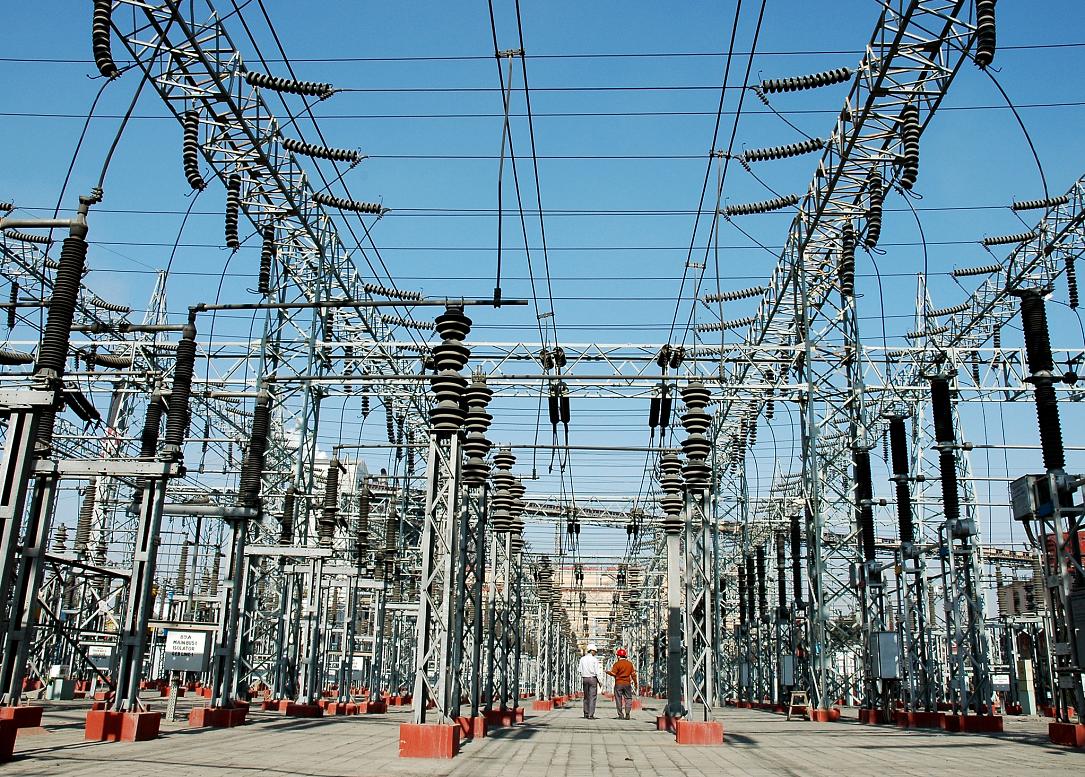Greece, Romania and Bulgaria join forces faced with high energy prices in the region



Greece's energy minister Theodore Skylakakis said on September 9 that the EU's single electricity market was not functioning, adding that he would work with Romania and Bulgaria to find a permanent solution to the situation that resulted in high electricity prices in the region, according to Reuters.
"It is not possible for Austria to have a price of EUR 154 [per MWh] and the neighbouring interconnected market in Hungary to have a price of EUR 238. Something is wrong, and the EU should see this and intervene," a Greek government official told Kathimerini last week according to Economica.net, revealing that the Greek government is taking steps to form a "Balkan front" together with the governments of Bulgaria and Romania.
They will require either strengthening energy flows from Western Europe to Ukraine or financing Balkan countries to support affected businesses and consumers.
In addition to large price discrepancies with Western markets, Athens, Sofia, and Bucharest will base their application to the EU on the findings of independent national competent authorities investigating whether limited flows from Western Europe to Ukraine are indeed due to interconnection capacity, as well as how the algorithms that regulate energy flows from the cheapest to the most expensive markets work.
Greece gets almost half of its electricity from photovoltaic and wind farms, and like other countries in southern Europe, it is frequently facing spikes in electricity prices during the hot summer months when demand for air conditioning peaks and the supply of electricity from other interconnected countries is low.
"Power links are not enough to carry power from the central European market to the southeastern one. This leads to extreme prices on some days, something that cannot be accepted," energy minister Theodore Skylakakis told a Greek radio station quoted by Reuters.
In a press release published later, the Greek Ministry of Energy informed that a joint initiative is to be adopted by the energy ministers of Greece, Bulgaria, and Romania to create "a permanent intervention mechanism whenever extreme prices are recorded, due to the isolation of Southeastern Europe from the rest of the European energy market."
iulian@romania-insider.com
(Photo source: Dreamstime.com)